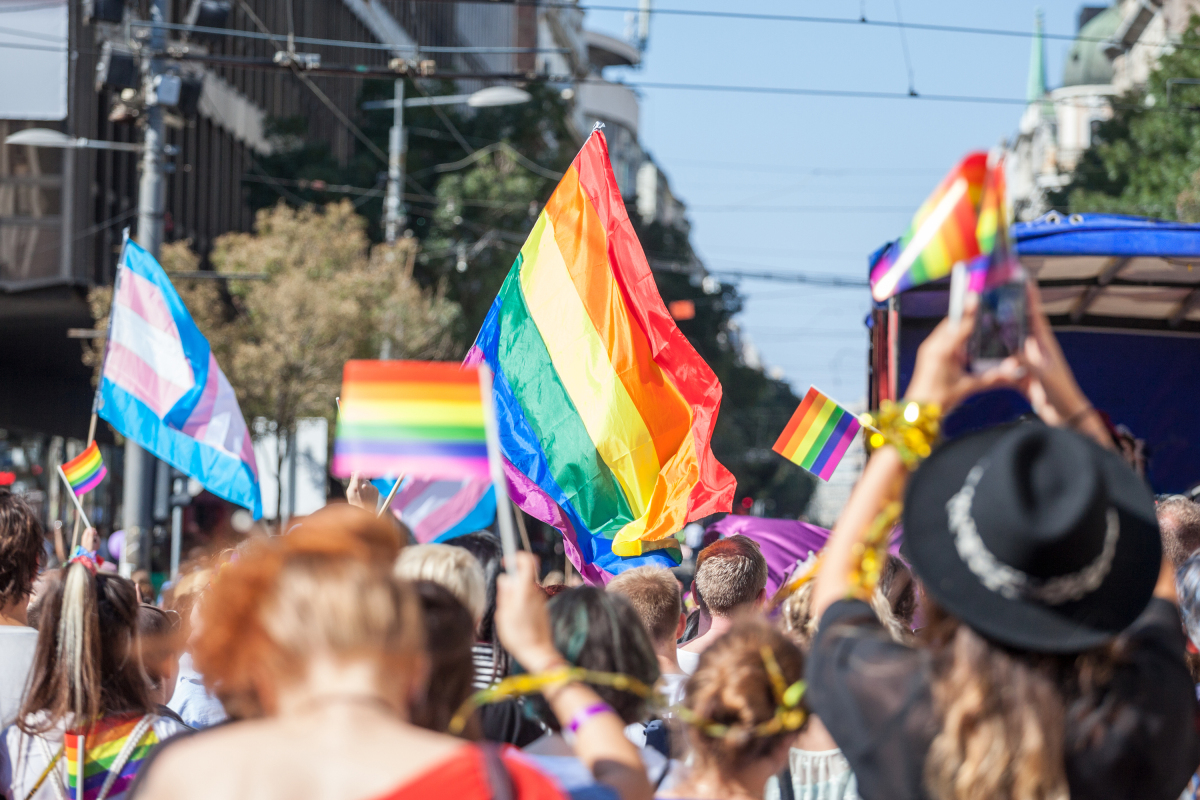Equality

Watch the film
Equality

Equality between people is one of the most important values in Norwegian society. Equality means that we believe that all people have the same value regardless of gender, age, functional impairments, cultural background, ethnicity or sexual orientation. Society tries to give everybody the same opportunities regardless of their individual capabilities. Examples of this include schooling for pupils with various functional impairments, Norwegian language tuition for immigrants and the principle of equal pay for equal work.

During the 1970s, women's rights in society and the opportunities available to women in education and the labour market came into focus. Women's labour force participation has increased strongly since then, and today almost as many women as men are in employment. We still have typical men's and women's jobs, however, and far more women than men work part-time. Roughly the same number of women and men now have a higher education, but their choices are often still traditional. Women more often choose an education in the fields of care and teaching, while men study technology and science. Even though women make up almost half the workforce, nearly two out of three executives are still men.

During the last decades, we have seen a change in attitudes to the roles of men and women and their place in public life, as well as in the family and in the home. Today, most families share both housework and care tasks, particularly younger families, but surveys show that women still spend more time on housework than men do. It is up to each family to choose how to organise their lives and tasks at home. Nonetheless, the idea of equality is enshrined in laws and in rights. Everyone who lives in Norway must comply with these rules. Examples of such laws include the Equality and Anti-Discrimination Act, the Marriage Act and the Inheritance Act.
Section 185 of the 2005 General Civil Penal Code is often called the racism paragraph. This paragraph prohibits discriminatory or hateful statements aimed at people’s ethnicity, skin colour, life stance, religion, sexual orientation, gender identity/gender expression or disability. This paragraph limits people’s freedom of expression. The object of the racism paragraph is to protect minorities.
Source: Statistics Norway
Talk together

- Equality does not only apply to gender equality. It can also apply to equality between the different generations, people with different financial capabilities, different nationalities and ethnic affiliation, degrees of disability, different religious affiliation, sexual orientation etc. Talk together about what this means for the individual and society.
- What could be the reason why more young people with parents from an immigrant background decide to take higher education than young people with ethnic Norwegian parents?
- Talk together about why men and women work outside the home in Norway today. What do you think are the advantages and disadvantages of this?
- How does the family have to work together when both the mother and father work outside the home?
- More women than men work part-time. Why do you think this is the case? What are the consequences of this for the woman and family in the short and long term?
Complete the sentence
One of the most important values in Norwegian society is ...
Select the right answer
When did women’s rights start coming into focus?
Complete the sentence
Even though women make up almost half the workforce, nearly ...
Select right or wrong
Read the statements. What is right? What is wrong?
Select right or wrong
Read the statements. What is right? What is wrong?
